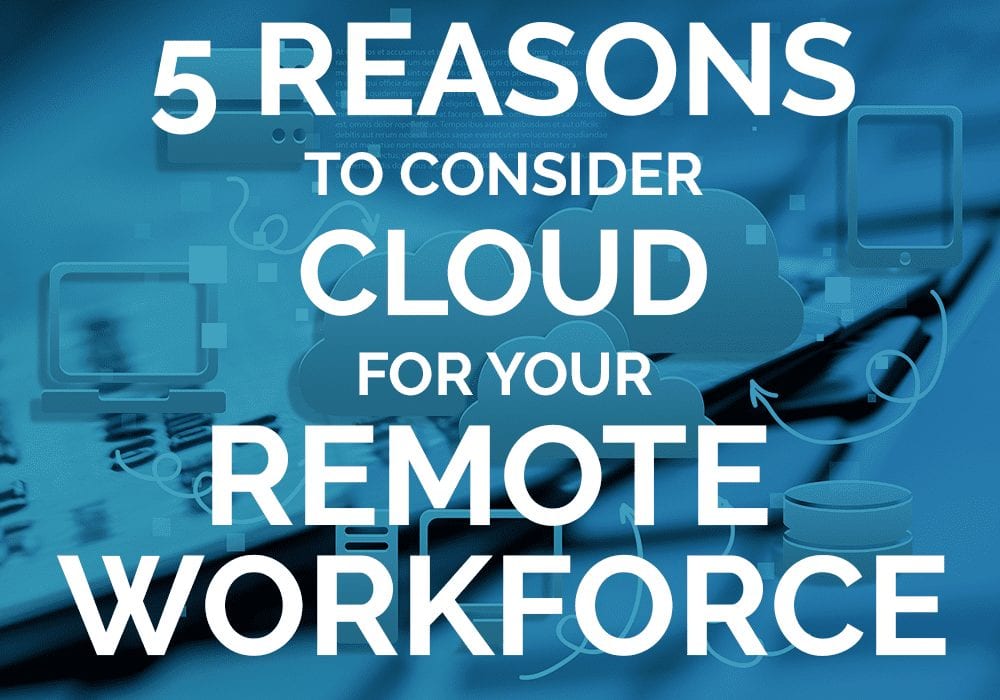In this video, Jessica Shaanan interviews Christi Keating Williams about the software and tools that marketing uses, and how marketers use that technology to drive data-backed decisions.
What software couldn't you live without?
HubSpot. You want to look at statistics to see where leads are coming from, and HubSpot makes it very easy to track leads and deals. Did the leads come from an event and what event? Did they search on Google? At the end of the year, I can look at my prebuilt dashboards to see where our revenue came from. How much revenue came from this event or this SEO initiative? This allows me to make better decisions. If something didn't work or generate any revenue, I can say let's not do that again. Alternatively, you can see what got so much revenue from this so let's reinvest in that particular area. It can be really telling on what's working and what's not. Additionally, you can look at the sales activity and attribution reports to see how much it takes from creating brand awareness to becoming a customer.
This allows me to make better decisions. If something didn't work or generate any revenue, I can say let's not do that again. Alternatively, you can see what got so much revenue from this so let's reinvest in that particular area.
This goes back to 'data is gold' because you're making decisions based on all the data in HubSpot.
Yes, marketing is so much testing and figuring out what works, but if you don't have data to make those decisions, it's a shot in the dark. You need some sort of data to say we're going to test this because that data shows this. As you continue to test, you can use that data to make really good decisions and as a result, you'll see that ROI continues to grow. And I make sure that the team is filling in the right information so that the data is accurate. We're one department in sales and marketing and so I feel confident in relying on the data so I can get them the leads they want.
You said 'I can rely on the team to put the data in.' How do you know that the data is accurate?
Garbage in, garbage out, so you have to make sure the reports are telling the true story. The only way that can be done is if the data is accurate. We have daily sync with the team talking about new leads, open opportunities, where things are going next with particular contacts or opportunities, and I'm so much more in the know, which is so important as a marketing leader. This allows me to make sure we're delivering the right messaging to the right people. It's a communication factor and I can easily go into HubSpot and look at the activity in there to fill in data. HubSpot also has workflows to automate some of this. I have my checks and balances, but at the end of the day tracking their data is going to help them do their jobs better.
Even in this environment of working remotely, has your comfort level changed at all with regards to the accuracy of the data?
Honestly no, our team particularly - Managed Solution had a flexible work remote policy pre-COVID so I was going into the office a few days a week only and the sales team is typically out in the field. We have Microsoft Teams to leverage for video and I get to see their faces every morning so it's nice to connect that way and using Teams to communicate a lot of the data I'm talking about. My HubSpot reports are live links that live in Teams. Anyone from anywhere, can go in and look at the data if you're part of that Team to get the information they need. For example, the Director of Sales looking at how marketing is contributing to pipeline or the leadership reviewing initiatives to provide feedback. Having a transparent view really helps keep us aligned.
How do you find the integration with HubSpot and Microsoft?
HubSpot has an open API so you can build really anything you want, and through Zapier there are options, but it also has native integrations. It integrates with Outlook so now sales has that connected and no longer has to manually log emails or calls, it will automatically put the information into HubSpot. You can filter your reports and the link to those reports won't change, even if you change the reports so that live link can live somewhere without changing. You can also automate the delivery of these reports and send out a weekly or monthly email report to whoever needs it. This gives a nice pulse check of where we're at with goals.
It's important to trust the people behind the technology, I'm sure you have ideas for how our business intelligence can look in the future.
It goes back to the 4 T's - Trust, Transparency, Technology, and the right Team. You have all those things and you have this well oiled machine. In sales and marketing you hear a lot about the funnel and leads come in the top, you qualify them and they become a customer. HubSpot has since remodeled that to the flywheel, and it's all about sales, marketing and customer service working together so there's no friction. This allows you to deliver the right message to the right people at the right time. That again goes back to data, being able to look at - what webpages a prospect is looking at - the data that's automatically collected versus the data that's put in by the team, it can really make our jobs easier. You can be more strategic, you're more intentional with your time and outreach.
What piece of advice would you give to business leaders in regards to marketing, technology, people?
Don't silo marketing, make sure they're aligned with the sales team because at the end of the day your goals are the same - to drive revenue and satisfy customers.
It's important that, similar to IT, marketing used to be its own silo-ed department, and I always joke about companies using billboards and how can they determine ROI on those types of traditional marketing without the technology and data we have today.
My first piece of advice is set up the reporting and your processes of how you're tracking your activities so that it serves that reporting. Marketing can play such an important role throughout the organization - not just serving sales by generating leads, but with culture - I work with HR to create fun events or games for the company. Also working with the customer service team - what are our customers saying, what do they like, what don't the like, what's missing. This way marketing can play a role in delivering information to them, additional resources that might be helpful to them.
I had a customer email me the other day with some questions about Teams and I answered her questions and also sent her a Getting Started with Teams Guide and she loved it. Those touchpoints are so critical and not every business leader realizes how much marketing can play in generating leads and delighting customers. Don't silo marketing, make sure they're aligned with the sales team because at the end of the day your goals are the same - to drive revenue and satisfy customers.
Continued Reading

June 10, 2020
What to Look For When Buying IT: A Conversation with Managed Solution's Director of Sales, Tina Rountree
Tina discusses her background in sales, starting with the finance […]
LEARN MORE
June 24, 2020
5 Reasons To Consider The Cloud For Your Remote Workforce
In this video, Jessica talks about the cloud and how […]
LEARN MORE
